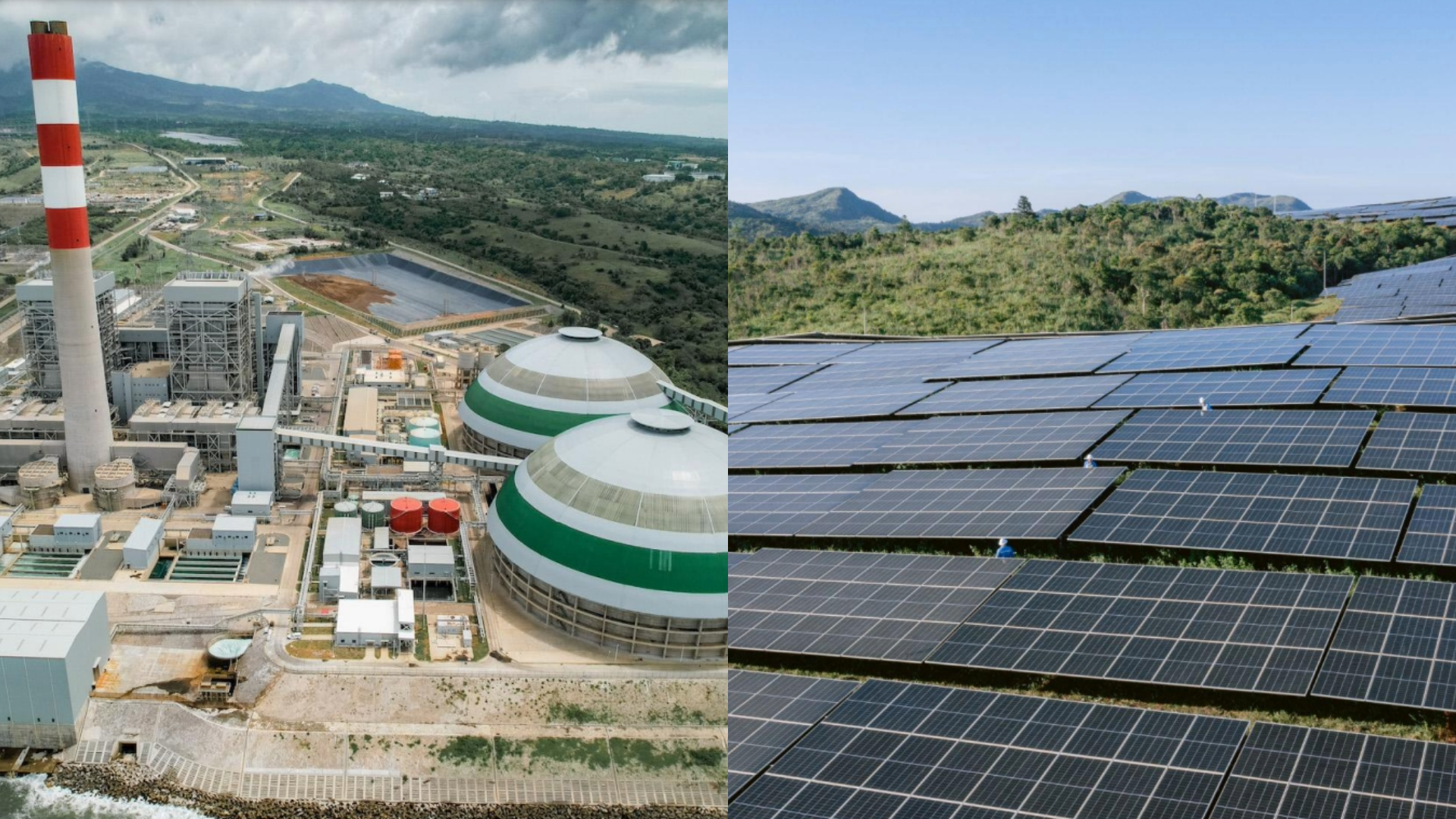Amidst projected headwinds that will challenge the energy sector in 2024, Aboitiz Power Corporation (AboitizPower) President and CEO Emmanuel Rubio joined calls to run all available sources of power and be open to all technologies to ensure the continuous provision of electricity.
“We continue to advocate for a just, timely, and well-managed energy transition that leaves all options on the table and prioritizes energy security and the alleviation of energy poverty,” the executive said.
Global supply chain uncertainties due to geopolitical events; the risk of unavailable and insufficient transmission infrastructure; and the anticipated effects of an El Niño on the production output of hydroelectric power plants are seen to potentially worsen tightness in the power supply.
At the same time, on the demand side, consumption is projected to increase by 6.6% this year, requiring 600 to 700 megawatts of new or freed electricity stock.
“This substantial increase in electricity demand underscores the pivotal role of power generation, transmission, and distribution companies in meeting this need. This requires significant infrastructure development, including constructing new power plants (both conventional and renewable), expanding the grid to ensure that power reaches demand centers, and improving the services, reach, and efficiency of our electric cooperatives and distribution units throughout the country,” Rubio explained.
“There needs to be sufficient transmission capacity that can support the influx of new
generation capacity — mostly variable renewable energy — so that when it comes online it can immediately contribute much needed supply to the grid,” he stressed. “Finishing long-overdue transmission projects will also be very welcome as it can free stranded capacity like that in Mindanao and help support thin margins elsewhere in the country.”
The AboitizPower chief expressed confidence in the Company’s prospects in 2024, citing its proven capability to cater to growing electricity demand and the development and launch of new generation capacities.
“While we see tight market conditions, we, at AboitizPower, are confident in our fundamentals and our diverse fleet of generation assets,” Rubio said. “We are dedicated to running our power plants with world class availability and efficiency to help mitigate the country’s thin supply margins and reliably support the aggregate demand, as we did in 2023.”
“As electricity demand continues to grow, we will strive to generate more megawatt hours next year through higher plant availability — especially as we expect coal prices to decline — and new capacities,” he added.
Currently, coal makes up about 60% of the Philippines’ generation mix.
In helping advance the country’s goal of having a 50% share of renewable energy in the mix by 2040, AboitizPower has close to 1,000 megawatts (MW) of renewable energy projects in the pipeline en route to building at least 4,600 MW over the next decade.
For 2024, the Company anticipates the launch of the 17-MW Tiwi Binary Geothermal Power Plant in Albay and the 159-MW peak (MWp) Laoag solar project in Pangasinan.
A number of projects are also estimated to come online by the end of 2024 to early 2025, including the:
- 44-MWp Solar Plant in Armenia, Tarlac;
- 85-MWp Solar Plant in San Manuel, Pangasinan;
- 206-MW wind project in San Isidro, Northern Samar in partnership with Vena Energy and Vivant Energy; and the
- 173-MWp solar power project in Calatrava, Negros Occidental.
AboitizPower also expects to break ground on a number of renewable energy projects this year, namely, the 212-MWp Solar Plant in Olongapo, Zambales; the 50-MW Camarines Sur wind project which won the second round of the Green Energy Auction in July 2023; and the 102-MW Rizal-Laguna Wind Project in partnership with Vena Energy.
To attract and support investments in the energy industry, Rubio said that the implementation of the Ease of Doing Business Act and the Energy Virtual One-Stop Shop or EVOSS should be further improved to harmonize, ease, and streamline the permitting processes for energy projects.
“Little to no red tape and a rationalized bureaucratic process is a plus for prospective investors. Attracting new investments, particularly in generation — which accounts for more than 50% of an electricity bill — increases the supply and can make electricity prices more competitive,” he said.



